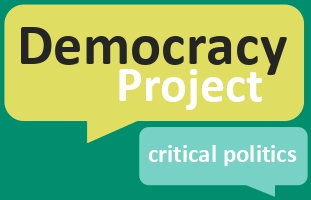New Zealand’s response to Israeli strikes against Iran
Israel’s strikes against Iran will form the backdrop to New Zealand Prime Minister Christopher Luxon’s upcoming trip to China. Speaking in the immediate aftermath of the strikes at a scheduled press conference on Friday, Luxon characterised the strikes by Israel as ‘potentially catastrophic for the Middle East’, observing ‘the last thing this region needs is more instability’. Adding to Luxon’s woes, oil prices initially surged by some 10 per cent after the Israeli strikes on Friday, signalling upcoming pain at the petrol pump for New Zealand consumers. Luxon has built his first-term government on easing cost-of-living pressures, but further escalation...

